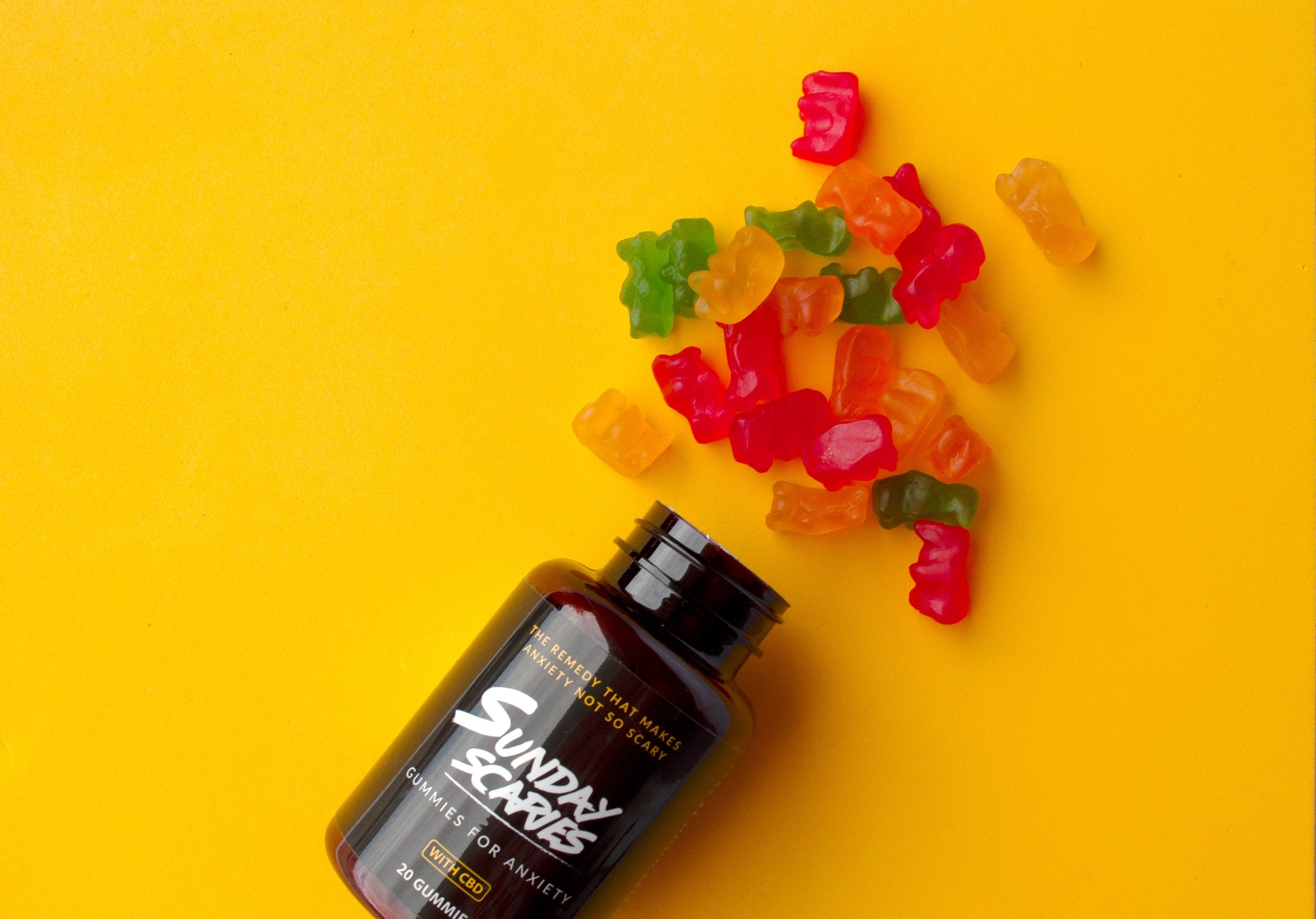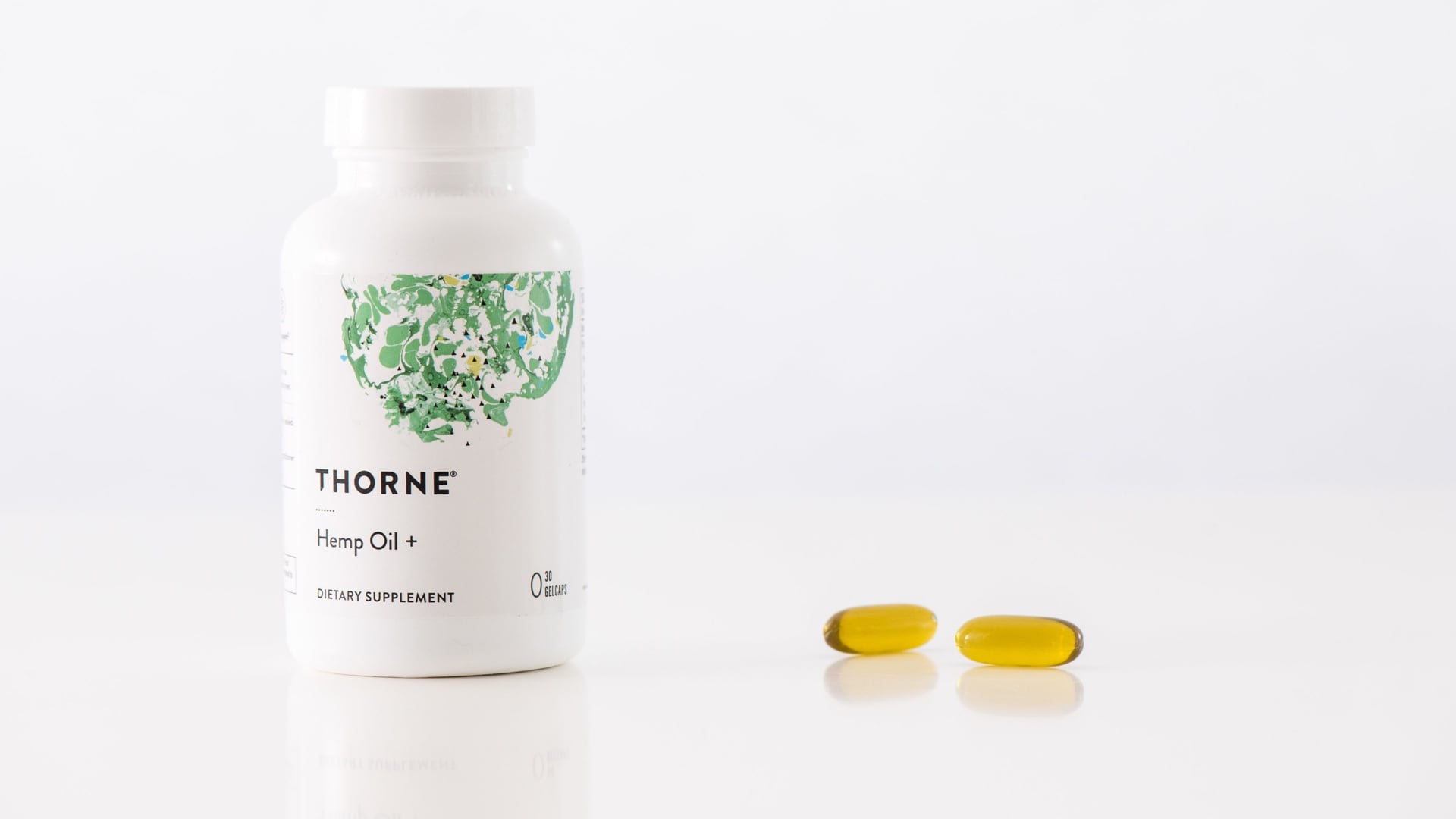Attorney Justin Prochnow spoke at the recent Rocky Mountain Dietary Supplement Forum which took place in Boulder, CO last week. Prochnow spoke to an audience composed mostly of dietary supplement industry quality personnel on the subject of how to make compliant nutrient content claims.
Rapidly changing landscape
By way of explaining about how to talk about the constituents of dietary supplements on labels, Prochnow, who is a shareholder in the firm Greenberg Traurig, also addressed the 800-lb gorilla in the room: CBD. Prochnow said the complication of offering an opinion about the legality of CBD for use in supplements is that there are numerous factors involved, some of which are changing almost by the week.
Slightly more than a year ago, a Gallup poll found that 64% of Americans supported legalization of cannabis in some form. That percentage has about doubled in the past 15 years. And in the upcoming election, full legalization is on the ballot in two additional states—North Dakota and Michigan. The measures have had vocal support from the most white bread of celebrities—travel writer Rick Steves.
But the legal landscape for CBD is more complicated than it is for cannabis itself, Prochnow noted.
“I didn’t make any slides about CBD for this talk because by next week they could all be obsolete,” he said.
New drug is meant to treat seizures. What are the supplements supposed to do?
CBD, or cannabidiol, is a non psychoactive constituent of Cannabis sativa that forms the basis of a newly approved drug, Epidolex, that is manufactured by English firm GW Pharmaceuticals. Epidiolex is marketed to treat the epileptic seizures of children who do not respond well to standard anti-seizure medications.
The marketers of OTC products containing CBD, most of which are marketed outright as dietary supplements or as products that look a lot like them, seem to be more circumspect about what they expect the ingredient to do for people. Pain relief and mood support have been mentioned in the past. At the moment many products seem to be on the market with no claims whatsoever.
Despite the hazy nature of what can be claimed about CBD and the complicated picture regarding its legality, Prochnow said there is no lack of interest in the ingredient.
“I get two to three calls a day about CBD. And these are not calls from the hemp companies, these are coming from conventional food and beverage companies,” Prochnow said.
Only certain plants parts exempted from schedule one listing
Prochnow said there are several points of concern for companies seeking to get into the CBD game. The most obvious is that the underlying botanical—whether rightly or wrongly—is still a schedule one controlled substance at the federal level.
“First there is the definition of cannabis in the Controlled Substances Act. That covers any part of the plant that is not specifically exempted. Those parts are the mature stalks and the ungerminated seeds,” Prochnow said.
But the open secret in the industry is that whatever a company might say about the source of its CBD, there is little of the molecule in those parts of the plant, Prochnow said.
“Most CBD is coming from the flowers and it’s coming from the leaves,” he said.
SPECIAL FEATURE: What is the regulatory status of CBD in food and beverage products?
If you ask the FDA or the DEA if CBD (cannabidiol) is permitted in foods, beverages and supplements, the answer is a pretty unequivocal NO. If you ask the scores of companies currently selling it in everything from CBD-infused soda to smoothie kits, the answer is YES. So what’s going on?
Drug exclusionary clause
Then there is the issue of the GW Pharma drug, which had been under development for about a decade. Federal law mandates that a substance that has first been investigated as a drug cannot subsequently be turned into a supplement ingredient. FDA’s current position is that this exclusionary clause now prohibits the use of CBD in dietary supplements.
If a company or other entity were to come forward with proof that CBD had been marketed as a dietary supplement ingredient prior to the start of the Epidiolex development, that would be a different story. But with all of the interest in the ingredient and all of the money on the table, the fact that no one to date has presented such evidence to FDA is telling, Prochnow said.
Farm bill questions
The 2014 and the upcoming 2018 federal Farm Bills also bear on the issue.
“There are those who take the position that the 2014 farm bill specifically carved out a place for industrial hemp, if it’s grown for research purposes. Does me selling CBD products and compiling my sales for records for assessment by a community college constitute ‘for research purposes?’ There are some in the marijuana industry who would say yes. I think the Drug Enforcement Administration might take a different view,” Prochnow said.
Prochnow said the 2018 version of the bill reportedly contains a more specific carve out for CBD. But to base a business plan on the passage of the bill with that portion of it still intact is to rely on the legislative process, which is anything but certain, he said.
And Prochnow said there is also the risk of regulatory enforcement action coming from the offices of some state attorneys general.
How much risk is too much?
“At the end of the day it’s a matter of risk assessment. How much are you comfortable with? That’s really what the CBD industry is about today,” Prochnow said.
“If you are one of these bigger food and beverage companies, you could be risking your entire business for one SKU. When people call me up to ask about CBD, I tell them, don’t bet more than you could afford to lose,” he said.




